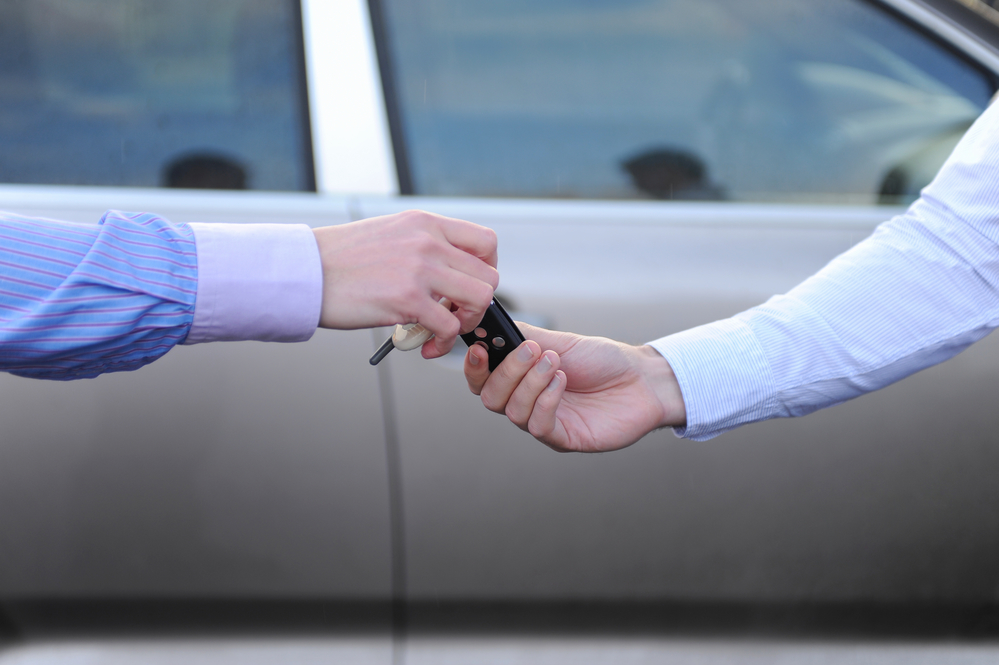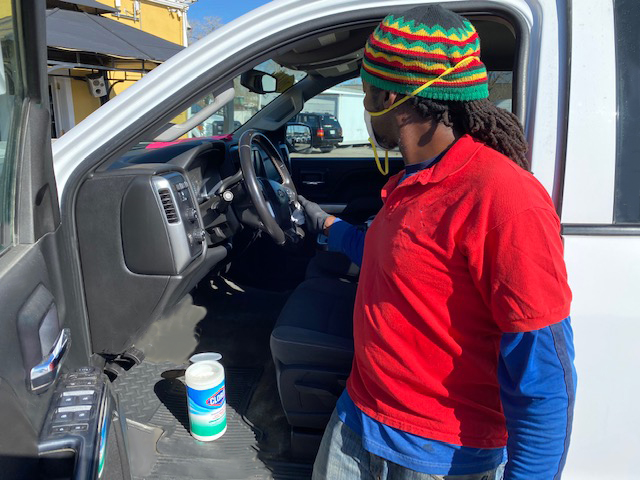Dye Autos Denver Area Truck and Automotive Blog
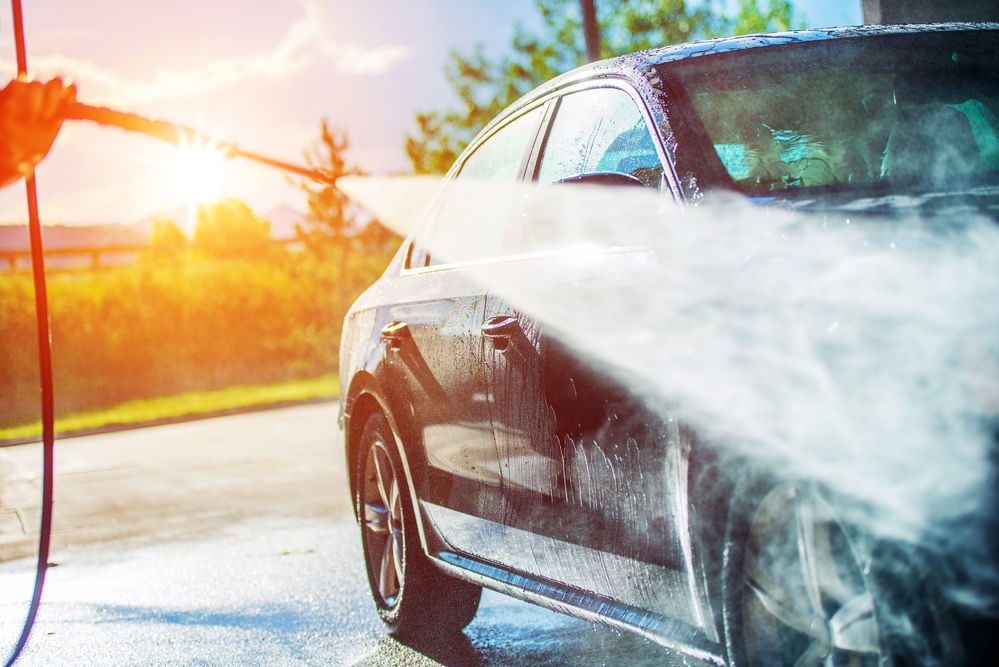 Whether you’re trading in your car on a new car (or a new-to-you car) or selling directly to a dealer without buying another car, the condition your vehicle is in determines its trade in value. Getting a fair price for your old set of wheels is important, but it’s not so obvious how much work you should actually put in.
Whether you’re trading in your car on a new car (or a new-to-you car) or selling directly to a dealer without buying another car, the condition your vehicle is in determines its trade in value. Getting a fair price for your old set of wheels is important, but it’s not so obvious how much work you should actually put in.
The first step in this process is getting your car prepped and ready before you set foot in a dealership to make a trade. One of the most popular questions we get from our customers when they’re trading in is, “Should I detail my vehicle before I trade in?”
The quick answer is yes, but there’s more to it.
We all want to make a good first impression, and trading in a car is no different. You want to give the impression of a well-maintained vehicle…and that means thoroughly cleaning your vehicle inside and out.
It will be hard to convince a dealer that your car has been well maintained if it looks dirty and neglected.
Steps to detail your car before you trade in
- Wash the exterior. You can pay a professional or do it yourself. If you’re washing it yourself, make sure to use a high quality product and not dish soap, laundry soap or any other household cleaners.
- Wax your car. It will add an appealing shine and that presents well.
- Clean the interior.
- Climb inside and get rid of those empty fast-food bags (or sneaky french fries that may have slipped between the seats). Get rid of all the empty water bottles, gum wrappers and other trash. Clear out any personal items or papers that may have accumulated over the years. The only paperwork you should have in the vehicle is an organized pile of maintenance records stored neatly in the glove box.
- Clean all the interior surfaces with a quality vehicle interior cleaning product. It usually smells good and the nice scent lingers on until you bring the car to the dealership.
Pro Tip: Take your car to a professional detailer. Depending on how dirty or grimy your car is, this could be a requirement. They’ll wash and wax the exterior with top quality products. They will shampoo the carpets, clean the glass inside and out, use ionizers and neutralizers to eliminate any foul odors, get inside the door jams, extract those stubborn crumbs and use special tools to reach the difficult nooks and crannies.
As you start planning your car detail process, the next logical question that will come up is, “What about repairs?”
Fix small repairs yourself.
- Check all the lights: headlights, interior dome lights, and trunk lights and replace them if needed.
- Check all fluid levels (oil, washer fluid, coolant, brake, radiator, and transmission fluid) and top them off if needed.
- Fix small scratches and dings. If you’re happy to do this yourself, go for it. If not, there are people who will come out to your job site or office and do it for you.
- Make sure wiper blades are in good condition.
- If there’s a crack in your windshield, don’t ignore it. Your insurance company may replace the windshield for free, but even if it’s not covered by insurance, replacing the windshield will give the impression of a well-maintained vehicle.
Leave significant repairs to the dealer.
If your car needs more serious work, leave that for the dealer. Any major issues will lower the value of your trade-in, but the dealer can perform the repairs for less than it would cost you.
Don’t waste your money on significant repairs. The dealership is in the business of fixing cars for resale, so leave the heavy lifting for them. Bigger-ticket items like a broken air conditioner or worn-out tires often aren’t worth your investment, but taking the time to clean inside and out, replace some bulbs, and refill some fluids will help you get the most money for your trade-in.
Bonus Tip: Pack all your trade-in’s accessories.
Trading in your car means you are trading in everything that goes along with it. Make sure the original owner’s manual and any extra keys are in the vehicle when you arrive at the dealership. Dealers like used cars that still have all the accessories and may even give you a better deal on your trade when everything is there.
Are you thinking about trading in your car or truck? Dye Autos is here to help you every step of the way. Call us at (303) 286-1665 or contact us >>>here<<<.
Read More

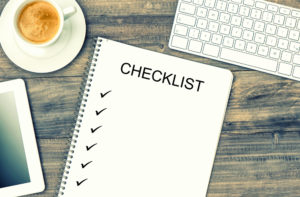
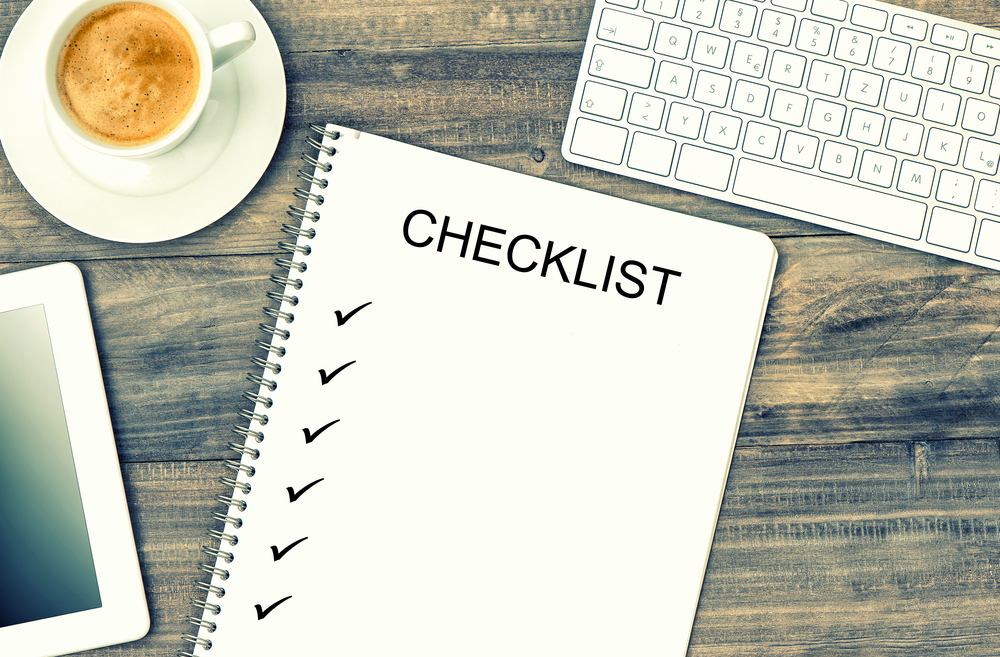 Buying a pickup truck (or car) can be an arduous process…but with a little planning and a simple checklist, you can lessen the time spent.
Buying a pickup truck (or car) can be an arduous process…but with a little planning and a simple checklist, you can lessen the time spent.

 Yes, when buying a car or truck, your trade in vehicle can serve as your down payment. However, there are factors to consider in that decision.
Yes, when buying a car or truck, your trade in vehicle can serve as your down payment. However, there are factors to consider in that decision.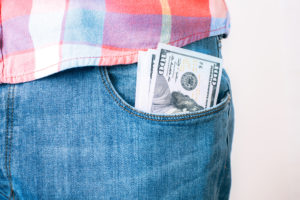
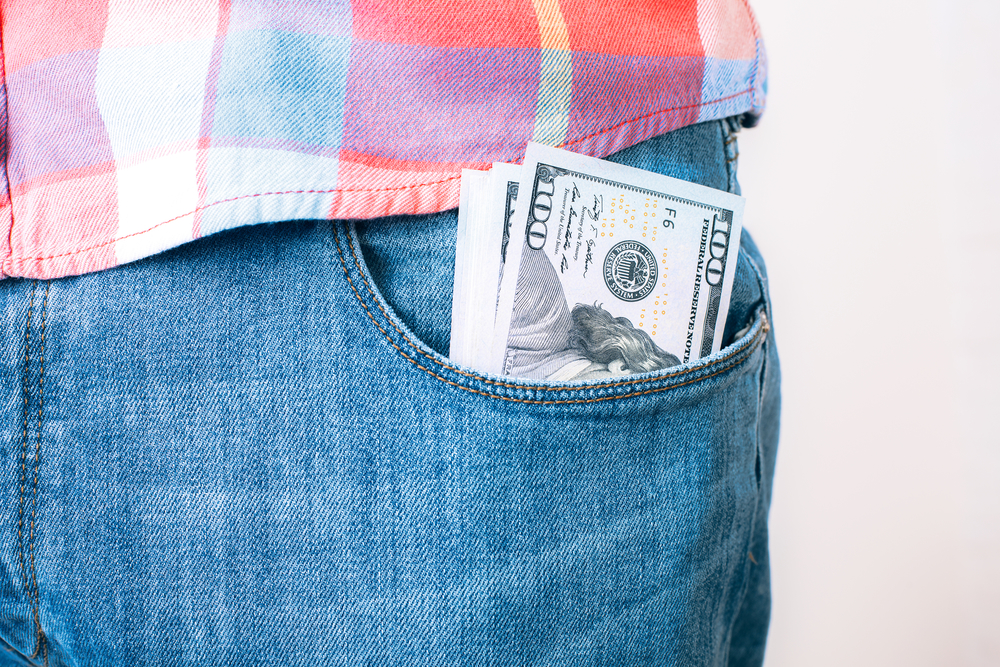 Everybody wants the most money for their trade-in when they’re getting a new truck or car. Here are the specific steps you can take to increase the value of your trade-in and ensure you’re getting the maximum amount.
Everybody wants the most money for their trade-in when they’re getting a new truck or car. Here are the specific steps you can take to increase the value of your trade-in and ensure you’re getting the maximum amount.
